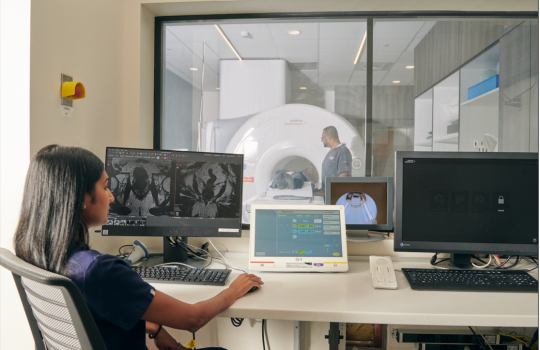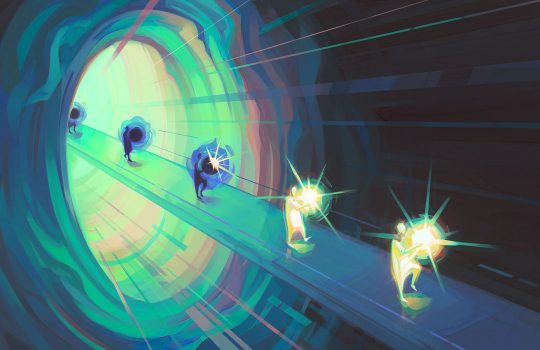Radiology, meet ‘3D-based superconducting radiofrequency computers’
From Radiology Business, July 21, 2022: Read more about the research collaboration between NYU Langone and SQMS in a pilot program which will pair two young researchers from each institution. The aim of the program is for researchers to develop algorithms used by future SQMS quantum computers to make accurate and rapid estimations of multiple tissue properties from MRI scans.



